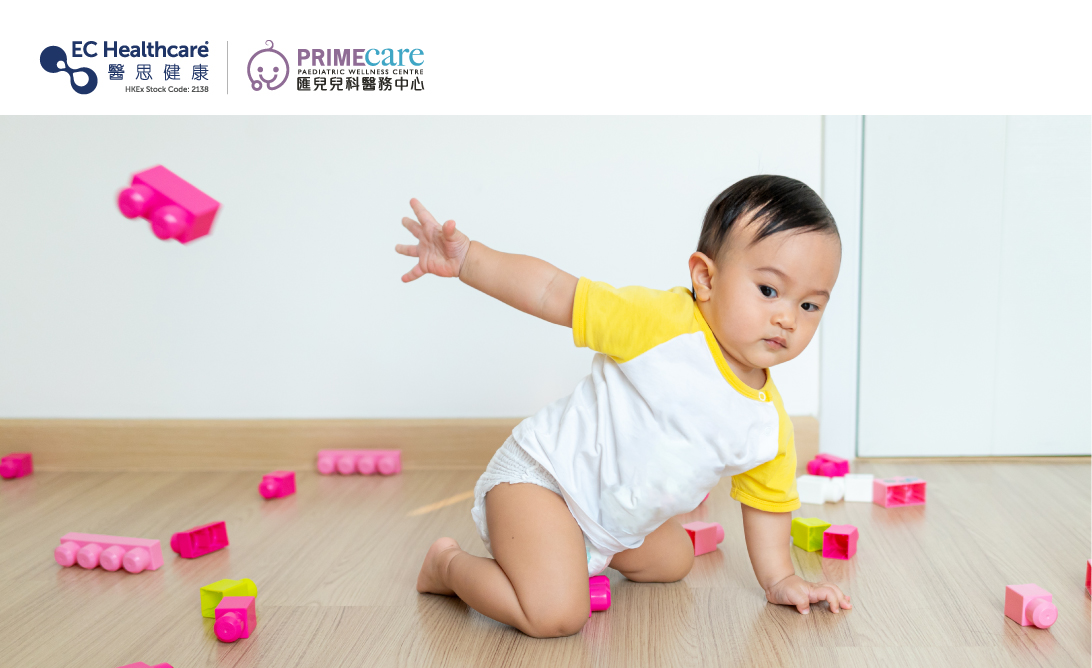[Adapting to new challenges in the new school year] Children with ADHD may develop impulsive behavior Early assessment and treatment can help relieve difficulties


Summer holiday has just begun, but some parents are already worried that their children will have difficulty adapting to the new environment in the new school year, especially children with ADHD. Children with ADHD may feel at a loss when faced with unfamiliar situations such as changing schools, moving from kindergarten K3 to Primary 1, or from Primary 6 to Secondary 1.

Attention disorder and hyperactivity disorder (ADHD) is a neurodevelopmental disease in which patients usually suffer from attention deficit disorder or hyperactivity, and more than half of patients suffer from both attention deficit disorder and hyperactivity disorder. ADHD is generally diagnosed in childhood and continues into adulthood, but a small number of patients are not discovered until adulthood, or even in middle age.
Some symptoms that children with ADHD may have:
Impulsive behavior: interrupting others, impatient to queue and jumping in line, engaging in risky behaviors, and less thinking about the consequences of actions
Hyperactivity: frequently twisting the body, standing and sitting, and leaving the seat without permission during class
Lack of concentration: difficulty concentrating, restless, often playing with fingers or objects, easily distracted in class, and attracted by surrounding sounds
Forgetfulness: forgetting to bring personal items, homework, or things assigned by the teacher
Inability to understand what others are saying: difficulty understanding the teacher’s explanations in class, poor academic performance, and disobeying the teacher’s instructions
Poor organizational skills: easy to lose items, and unable to find the location where they might be left behind, feel difficult to pack school bags
Poor social skills: often alone, prone to friction or conflict with classmates
At the same time, children with ADHD have varying performance in self-control, emotional management, and adaptability, which will also cause them to be unable to catch up in their studies and prone to mood swings: frustration/anger/anxiety/depression, and prone to disputes with peers or parents, they then receive a lot of criticism or scolding, which makes ADHD children lose their self-confidence and think that they are incompetent or inferior to others. If they sit idly by and ignore the problem, the problem will become more severe as they move into senior grades, which may affect their development of values, studies, career, quality of life, interpersonal relationships or marriage in the long run.

What treatments can help children with ADHD?
ADHD can be treated with medication or behavioral therapy. Some studies have pointed out that if ADHD children can be treated at or before the age of 9, it will be relatively simple and have less impact on the future. It is recommended that parents take their children for professional medical and psychological evaluation as soon as possible so that doctors can provide appropriate treatment plans for children with ADHD.
Currently, a combined approach that combines medication and behavioral therapy is generally most effective. In terms of drug treatment, whether it is short-acting or long-acting drugs, they can stimulate the secretion of dopamine in children with ADHD to reduce impulsive and overactive behaviors, and improve comprehensive abilities such as concentration, organization, and understanding. Cooperating with the behavioral therapy arranged by the doctor based on the actual situation of each ADHD child, such as establishing routines, lists, breaking down instructions or goals, etc., plus life adjustment and management, it can help children get positive results faster and regain a healthy life.
It is worth mentioning that parents should not stop medication for ADHD children on their own during the summer holiday. Because in fact, children's impulsive or inattentive behaviors will not be reduced because of holidays, and daily life is also one of the sources for children to learn life skills and achieve organizational or understanding abilities. If you want to reduce the burden of medication on children, you should discuss it with your attending doctor first.
Disclaimer: This article is prepared by an independent third party and is not sponsored. The content provided is solely for informational purposes and should not be considered a substitute for professional medical advice, diagnosis, or treatment. It does not represent any specific viewpoint. In the event of any discomfort or health issues, it is advised to seek medical attention promptly.
Related Brands
